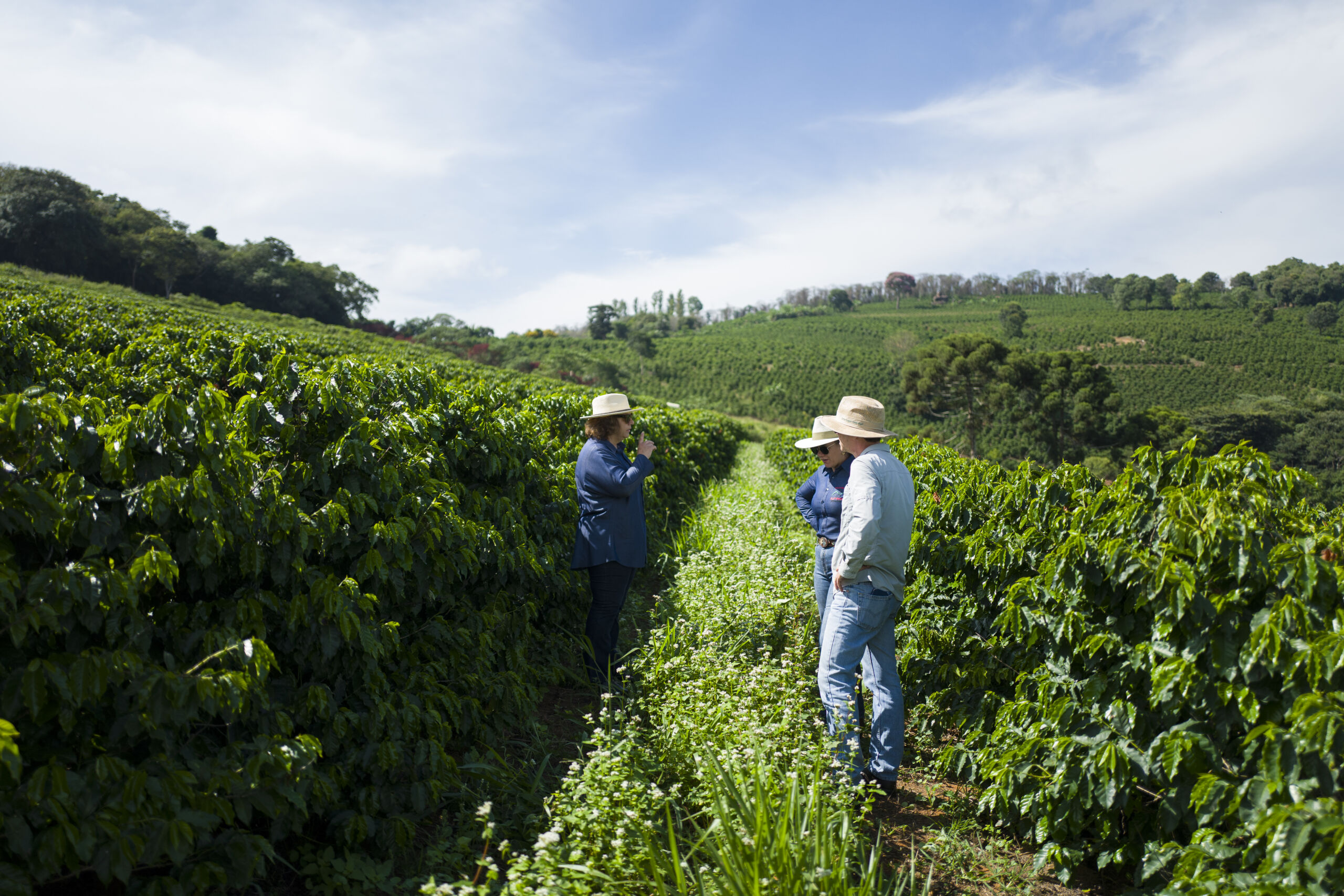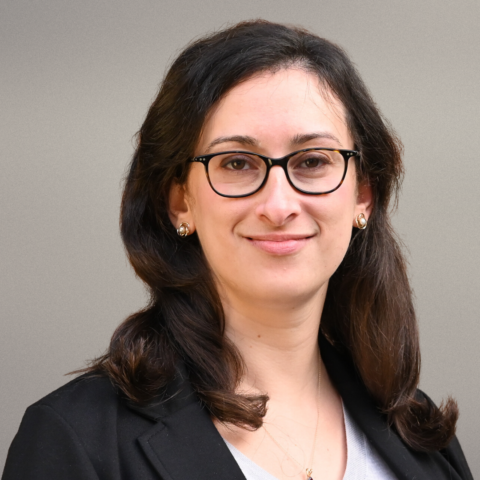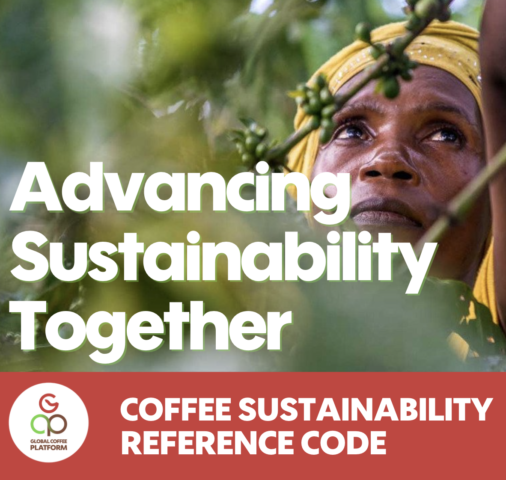
Regenerative Agriculture has been gaining momentum in the coffee sector as an approach to sustainable farming that emphasizes improving natural resources (particularly soil, biodiversity, and water) and strengthening the resilience of farming systems against climate change and environmental degradation, contributing to farmer prosperity.
Several GCP Members and partners have already been incorporating regenerative agriculture into their work, but there are a multitude of approaches and existing knowledge. The lack of a common definition and baseline understanding at the global level presents a critical barrier to scaling regenerative efforts for coffee sustainability.
Responding to this need, GCP is leading a global alignment to establish a common language for regenerative agriculture in coffee production, anchored in the Coffee Sustainability Reference Code, called RegenCoffee.
The goal is to provide the global coffee sector with a foundational guide containing the definition, objectives, principles and expected outcomes of RegenCoffee. This alignment aims to ensure a resilient coffee supply with real benefits for farmers and nature – while mitigating risks of greenwashing and preparing for future regulations.
To ensure that the RegenCoffee Framework reflects the diverse realities and needs of coffee stakeholders, GCP is conducting a public consultation until 15 April 2025. The consultation process draws on broad participation from the member community and beyond, including academia, donors, and investors.
How to participate in the Public Consultation on RegenCoffee
To provide your feedback to the RegenCoffee Framework please follow these steps:
1. Read the Consultation Draft
2. Take the main survey to provide input on the general aspects of the Consultation Draft
3. OPTIONAL: provide detailed technical survey focused specifically on the section of Outcome and Practice-Based Indicators.
The feedback provided through these surveys will inform the RegenCoffee Framework’s refinement. The guiding document will be presented at the GCP Member Assembly on 24-25 June in Basel, Switzerland, with the final RegenCoffee Framework published later this year. This will be an important input to the Coffee Sustainability Reference Code revision in 2026.
The RegenCoffee global public consultation will run until 15 April. Participate now to advance a common language for RegenCoffee and collective action for coffee sustainability!
GCP thanks the following organizations for supporting this work





